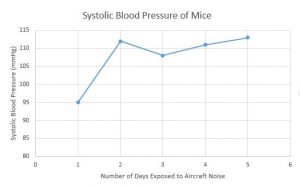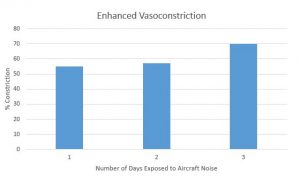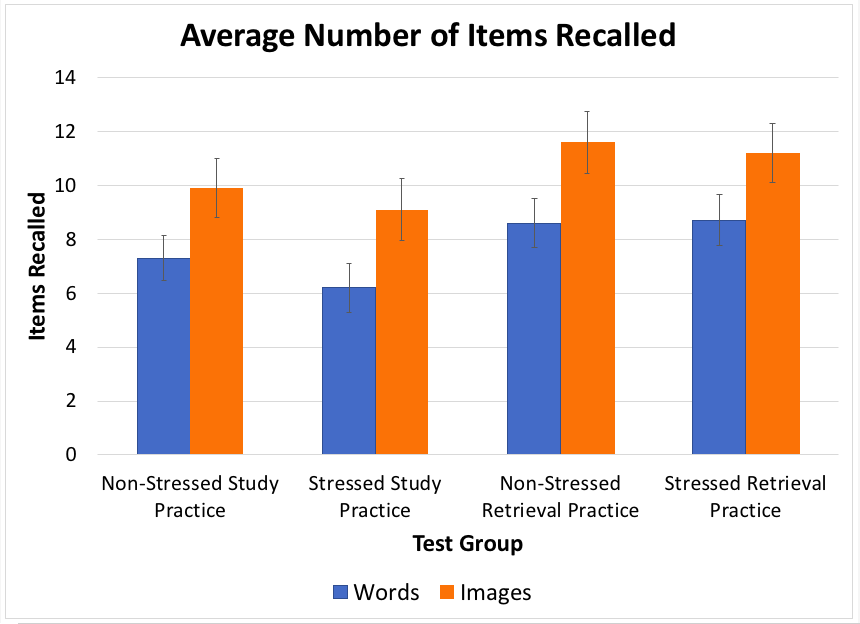
Sleeping cat. Image courtesy of: Emanuele Spies on Flickr
Have you ever woken up in the middle of the night unable to sleep because you are worrying about your future and you continue to think about the worst possible scenarios? No matter the reason, we all get negative thoughts once in a while and these thoughts can lead to less sleep than the required 7-9 hours for adults from ages 18 to 65. Researchers have found that people who sleep less than 8 hours a night are more likely to suffer from depression and anxiety.
Rumination is the act of repetitively dwelling on thoughts that cause anxiety and distress. Your brain cycles through problems without solving them and when this happens, it can lead to negative thinking. This is especially dangerous for people who are depressed or anxious because it is difficult to switch perspectives and look for solutions to the problems. Thus, rumination intensifies and so do anxiety and depression.
This year, researchers found that a shorter sleep duration is related to the difficulty of disengaging individuals from rumination. Jacob Nota and Meredith Coles at Binghamton University, conducted a study with 52 community members from ages 18 to 65 with heightened repetitive negative thinking and varying sleep durations. Of the 52 participants, 50% of them met the criteria for major depressive disorder, 44.2% met the criteria for generalized anxiety order, and 36.5% met the criteria for social anxiety disorder; some participants fit multiple categories.
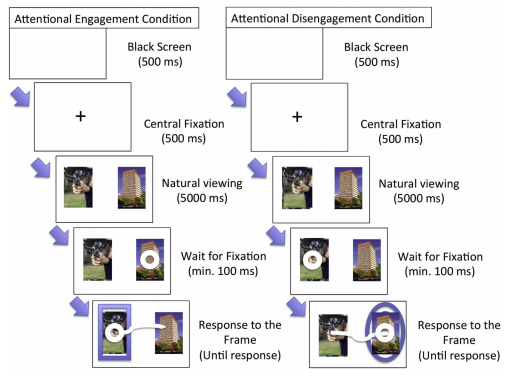
Figure 1: Schematic of how Nota and Coles conducted the attention task. Seventy-eight trials were done.
They showed the participants positive (e.g. nature scenes) or negative (e.g. guns, knives) images paired with a neutral (e.g. household items) image. When the participant fixated on one image, researchers put the other image in a frame to direct the eyes and track eye movement as shown in Figure 1.
On average, 92% of the time, participants would look at the negative image first when paired with the neutral image. When the positive image was paired with the neutral image, participants would look at the neutral image first. Participants were also, on average, 79% slower disengaging from the negative image when paired with the neutral image as shown in Figure 2.
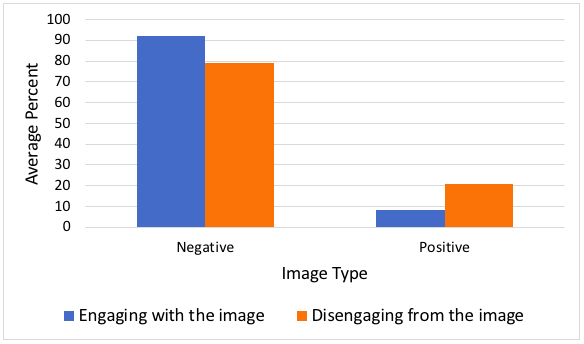
Figure 2: Average percent of participants that would engage with a type of image first and average percent of participants that would slowly disengage from a type of image.
After asking participants about their habitual sleep duration, 96% of those with a shorter sleep duration spent more time looking at the negative image than the neutral image and had difficulty fixating on the neutral image compared to the negative image.
Despite this interesting discovery, researchers are still evaluating how the timing and duration of sleep may contribute to the development of depression and stress. Further research can then allow psychologists to treat anxiety and depression by adjusting their patients’ sleep cycles to a healthier time.
Want to know more about negative thinking and how to stop it to get a good night’s rest? Check out the video above!
– Sara Djondovic
References
- Bergland, C. (2015). The Brain Mechanics of Rumination and Repetitive Thinking. Psychology Today. Retrieved March 18, 2018 from https://www.psychologytoday.com/blog/the-athletes-way/201508/the-brain-mechanics-rumination-and-repetitive-thinking.
- Binghamton University. (2018). People who sleep less than 8 hours a night more likely to suffer from depression, anxiety. ScienceDaily. Retrieved March 18, 2018 from www.sciencedaily.com/releases/2018/01/180104152947.htm.
- Gura, L. [Actualized.org]. (2014). Negative Thoughts – The Origin Of Negative Thinking & How To Eliminate It Forever. Retrieved March 19, 2018 from https://youtu.be/mggupbkTmWc.
- N. A. (n.d.). How Much Sleep Do We Really Need? National Sleep Foundation. Retrieved March 18, 2018 from https://sleepfoundation.org/excessivesleepiness/content/how-much-sleep-do-we-really-need-0.
- Nota, J. A. & Coles, M. E. (2018). Shorter sleep duration and longer sleep onset latency are related to difficulty disengaging attention from negative emotional images in individuals with elevated transdiagnostic repetitive negative thinking. Journal of Behavior Therapy and Experimental Psychiatry. 58, 114-122. https://www.sciencedirect.com/science/article/pii/S0005791617300629.
- Wehrenberg, M. (2016). Rumination: A Problem in Anxiety and Depression. Psychology Today. Retrieved March 18, 2018 from https://www.psychologytoday.com/blog/depression-management-techniques/201604/rumination-problem-in-anxiety-and-depression.



